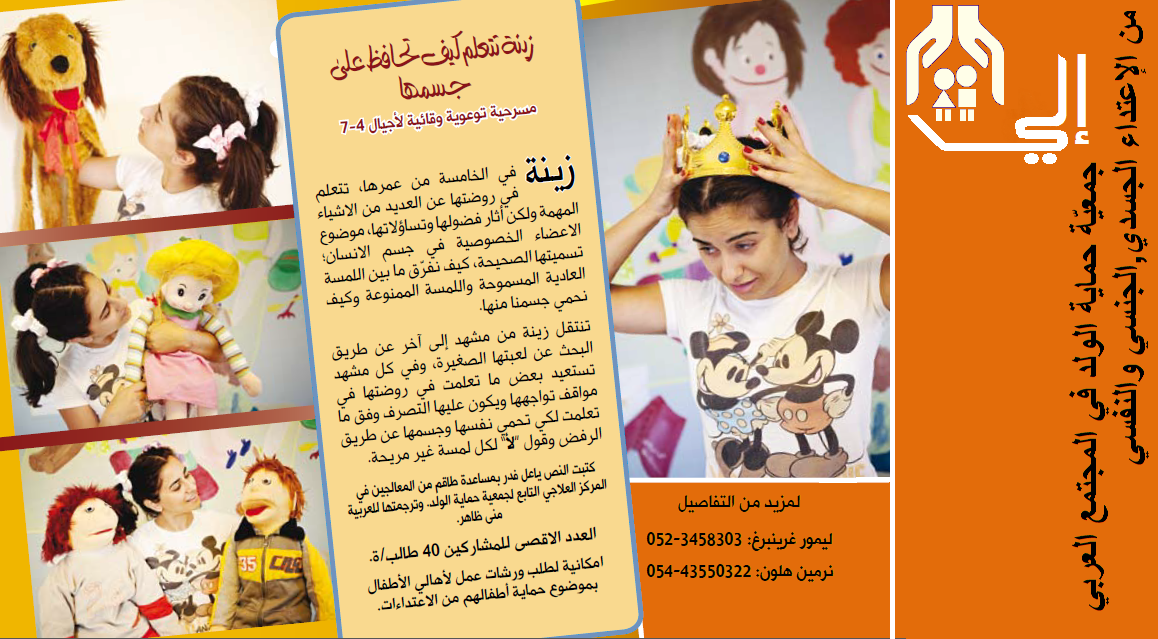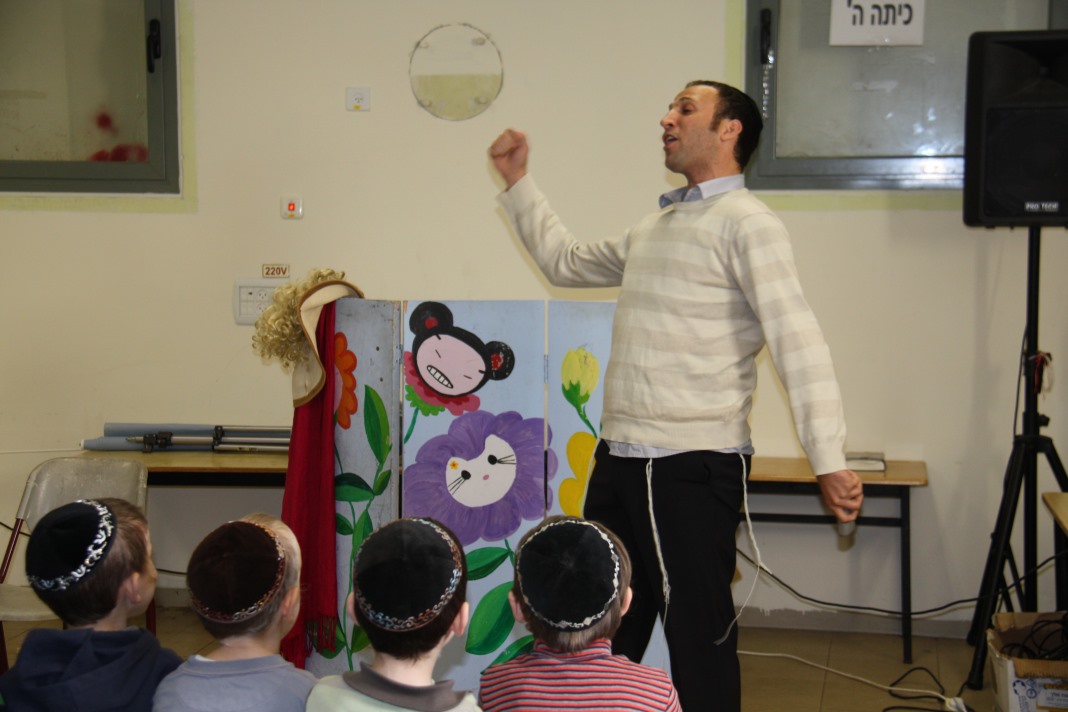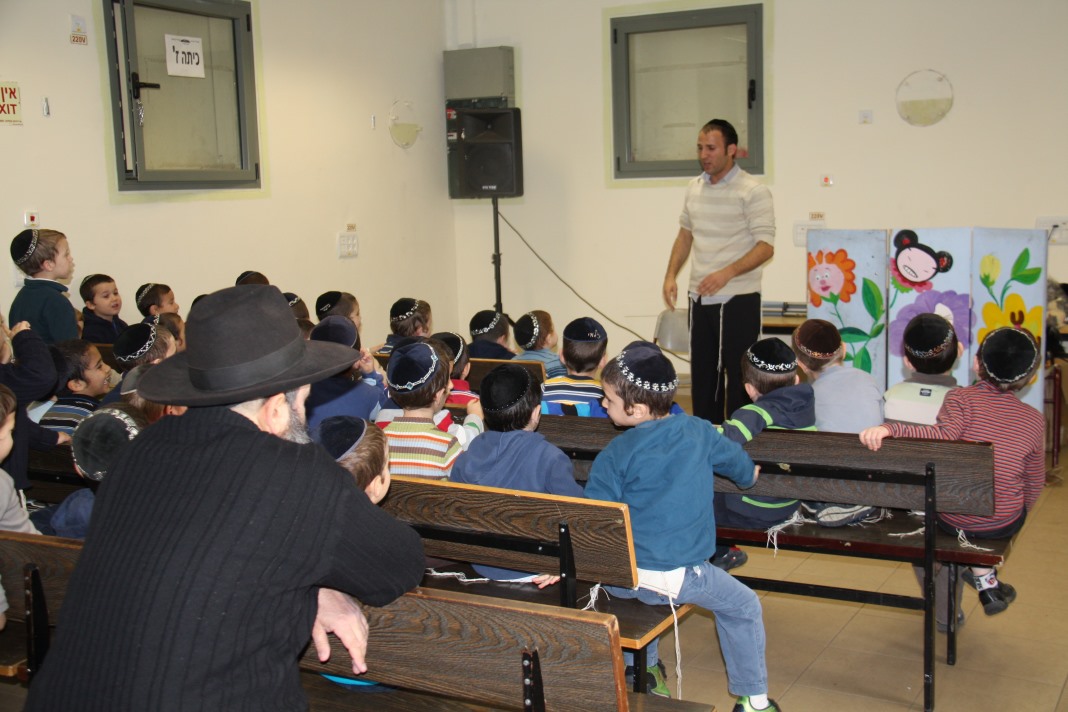Diverse Cultures
Child abuse is a devastating human problem, influenced by the personal and emotional characteristics of the individual person. However, it occurs within the context of society. Cultural factors play a major role in the cognitive perception of children as well as the behavioral patterns they experience and learn.
Israel is largely a country of immigrants, and it has invested a lot in order to understand parental behavior as a characteristic of cultural diversity. ELI has learned that a behavior that was a legitimate child-rearing technique in the Diaspora may be considered as abusive behavior in Israel.
This presents a challenge for ELI when it comes to a child abuse intervention. Concepts, interpretations, gestures, wording – these are only some of the confounding cultural issues that can make the difference between flowing communication and misunderstanding. This is true when we speak about immigrants from the former Soviet Union, and it is even more complicated when we address the Ethiopian immigration. Many thousands of people have come to Israel from Ethiopia with a language, belief system and pattern of behavior that is strange to the average Israeli today. This has contributed significantly to our country’s difficulty with their absorption.
ELI has invested enormous efforts to understand the cultural differences of the many diverse groups within Israel and develop appropriate intervention techniques. This includes indigenous populations like kibbutzniks, ultra-religious sects and Arab communities, as well as immigrants from the former Soviet Union, Ethiopia and other countries.
Therapy is an interaction that is based on human communication, understanding and trust that is impeded – if not doomed – by the lack of understanding of cultural norms. ELI’s methodology is to first identify social workers from those target populations and then to train them. We share with them our knowledge; we teach and supervise and increase the number of professionals who come from diverse cultures, know and understand them. Using persons from the culture of children who seek our help, ELI is able to gain the trust of the children, parents and community.



